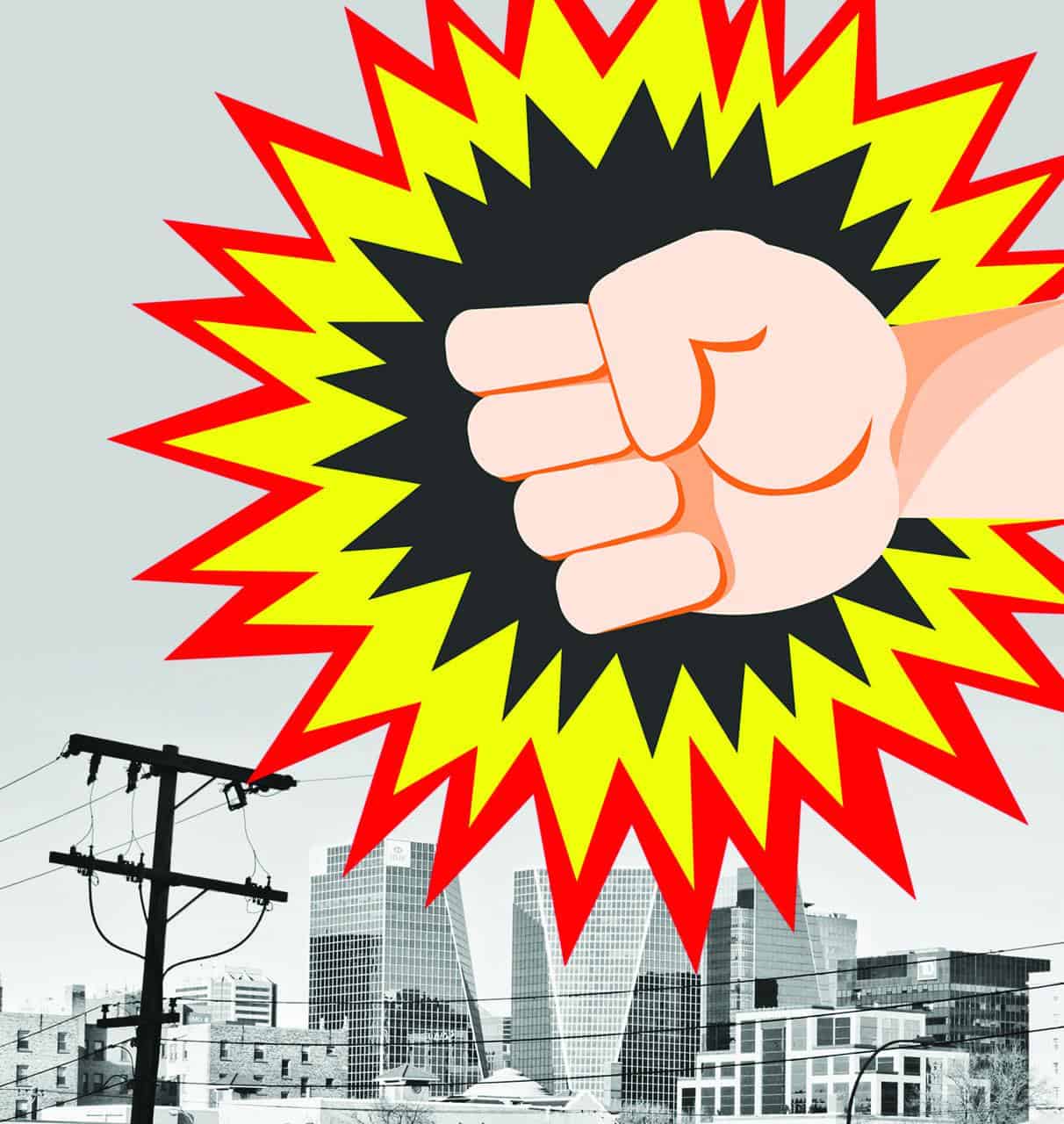Is there a link between artistry and addiction?

Scientists say no, but one dead philosopher says yes
For those that haven’t heard of the “27 Club,” it’s not a group you should ever find yourself wanting to be a part of. The name itself is in reference to the tragic passing of several artists (primarily musicians) that all have one thing in common: they were only 27 years of age. Some of these artists include Janis Joplin, Ron “Pigpen” McKeman (founding member of The Grateful Dead), Alan “Blind Owl” Wilson (primary leader of Canned Heat), Kristen Pfaff (bass guitarist for Hole), and Kurt Cobain.
Much like the 27 Club itself, there is a similarity between all of the aforementioned artists themselves. All of them passed away from a drug overdose, with the exception being Kurt Cobain (although one could argue that heroin was reason for Cobain’s death, being a prime factor in the lead up to his suicide). These examples are what led to the main point that I’m trying to emphasis in that there is some sort of link between artistry and addiction, or rather (to be more general) a link between creativity and addiction.
In an interview that was done by Scientific American, neuroscientist David Linden of Johns Hopkins University School of Medicine said there was not direct link between addiction and creativity, stating that it’s more genetics-based:
“Genetic variants make for a low-functioning dopamine system . . . if you carry those variants, you are more likely to be more risk-taking, novelty-seeking and compulsive. None of which are explicitly creative, but they are things that get to creativity. So novelty-seeking might be a spur to creativity. Risk-taking might lead you to go more out on a limb. If you’re compulsive, you might be more motivated to get your art, science idea or novel out into the world.”
As well, the list doesn’t stop with musicians, several famous writers and actors have also passed away due to issues with addiction. But does this mean that the creativity which spawns from creators is backed by their addictions? Well, following what David Linden mentioned, not at all. It’s due to, and this is just one example, by the ability to go out on the limb and try new things which may lead to addictive habits.
Certain others didn’t believe so however; hell, Nietzche himself back in the day thought that the creativity and addiction went hand-in-hand, with the exact quote being, “For art to exist, for any sort of aesthetic activity to exist, a certain physiological precondition is indispensable: intoxication.”
Now, moving from others’ thoughts on this subject to my own, do I agree with either Linden or Nietchze? Honestly, I’m inclined to agree with a neuroscientist than I am a dead philosopher. Without continuous dodging of the question though, no, I don’t believe there is a link between addiction and creativity, nor do I believe that creatives are more likely to get addicted. What I do believe is that creatives are more likely to cope with their issues through the use of drugs.
“How is that different?” I may hear you ask. Well, being addicted to a substance because you’re creative is one thing, but being addicted to a substance because you want to be creative is another issue entirely, or because you (again) need to cope with a lack of creativity. We are all told we’re unique in this life (or at least that’s what I assume), so when there hits a point where you, as a creator, aren’t able to create anymore, then one option you might end up doing is coping through addictive substances. Rather than seeking help based on personal needs (perhaps due to issues with upbringing or the like), people would instead use addiction as a vice.
This is just one answer however, to a significantly large question. Can this question really be answered in one article? No.. Creatives are an important part of the community, whether you choose to believe it or not. Let’s make the best path possible for them so that can do what they love, instead of coping with the fact that they can’t do that.
To sum up, creativity and addiction may not be the most pressing issue at the moment, but it is an issue all the same. It’s something that should be analyzed on a deeper level by people who are vastly more qualified than I am to analyze it. In reading this article, keep it in the back of your mind.









